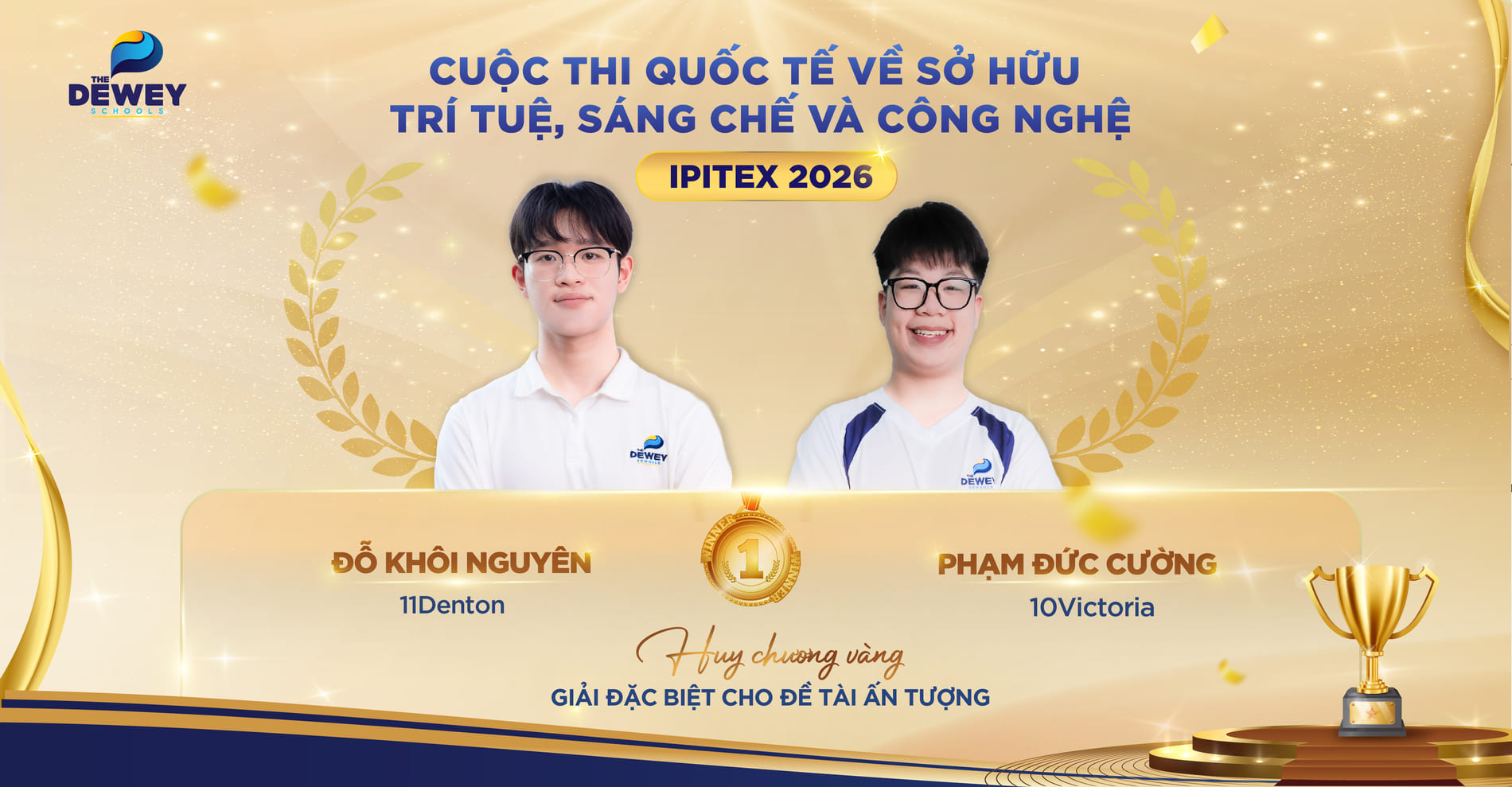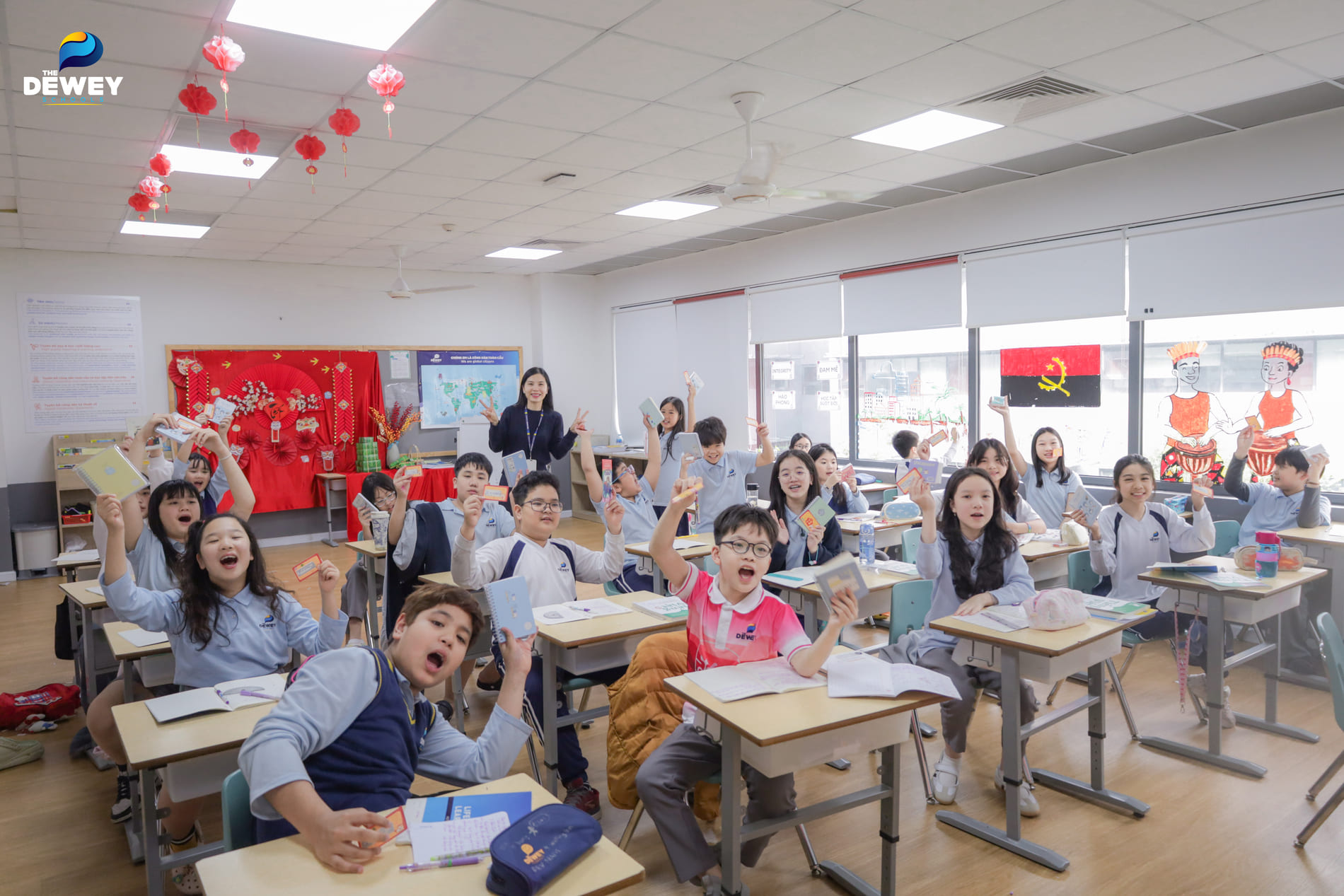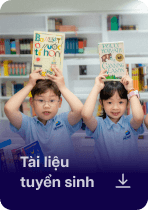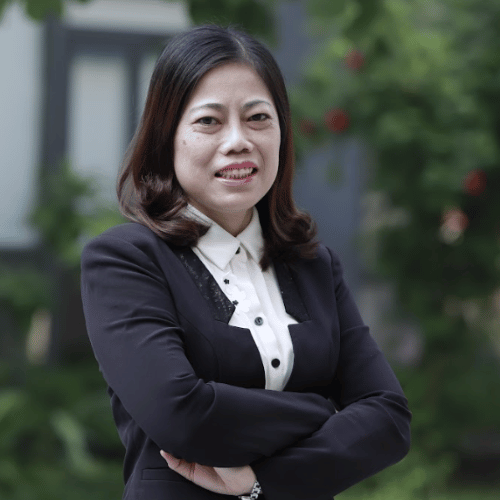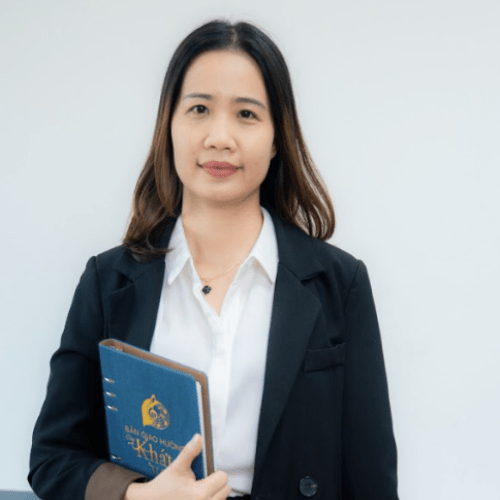As more families explore the best international education for their children, IB curriculum schools often emerge as a top choice. Recognized globally for academic excellence and holistic development, the International Baccalaureate (IB) framework goes beyond traditional learning by deeply embedding critical thinking and creative thinking skills into every stage of student development.
These two competencies—creativity and critical thinking—are not just buzzwords. They are the foundation of 21st-century skills and are critical for navigating a rapidly changing, technology-driven world. In this article, we’ll explore how IB schools nurture these essential abilities and prepare students to succeed in academics, careers, and life.
The Role of Creativity in IB Curriculum Schools
In IB classrooms, creativity is about much more than artistic talent—it’s the ability to approach problems in new ways, generate innovative ideas, and adapt to unfamiliar situations. From the IB Middle Years Programme (MYP) to the Diploma Programme (DP), creativity is treated as a core component of cognitive and emotional development.
How IB Schools Foster Creative Thinking:
- Encourage students to approach challenges from multiple perspectives
- Promote self-expression through diverse media and disciplines
- Teach adaptability and innovation in unfamiliar scenarios
- Inspire learners to combine unrelated ideas into new solutions
IB schools use open-ended projects, group collaboration, and interdisciplinary learning to help students think outside the box. These activities not only support academic success but also instill a lifelong love of learning and resilience in a fast-changing world.
Why Critical Thinking Matters in IB Education
Critical thinking in education refers to the ability to analyze information objectively, evaluate arguments, and draw reasoned conclusions. IB schools integrate critical thinking across all subjects to help students make informed choices and solve complex problems—skills that are in high demand across industries.
Key Benefits of Critical Thinking in IB Curriculum Schools:
- Enhances problem-solving and logical reasoning
- Supports effective decision-making and analysis
- Develops strong research and independent learning skills
- Prepares students for university-level challenges and career demands
Through inquiry-based instruction and real-world case studies, IB learners become active participants in their own education, capable of evaluating sources, questioning assumptions, and constructing well-supported arguments.
Explore the IB Program at The Dewey Schools
The Dewey Schools Tay Ho Tay is an IB International School for the DP program and a Candidate School for the MYP program. The school meets over 80 strict standards and practices set by the International Baccalaureate Organization in areas such as Philosophy, Organization, and Curriculum. With modern facilities and a globally recognized quality of education, focusing on holistic development mental, emotional, and physical, the IB program at The Dewey Schools is an ideal choice for parents seeking a comprehensive and sustainable education for their children in Vietnam.
The IB program nurtures students to become critical thinkers, independent learners, and compassionate individuals who are ready to face global challenges. By enrolling in The Dewey Schools, students gain access to a world-class curriculum that prepares them for top universities and successful futures. The school offers a dynamic, internationally-focused learning environment that fosters personal growth, academic excellence, and the skills necessary to thrive in an interconnected world.
Parents interested in providing their children with an education that combines rigorous academic standards with a well-rounded approach to personal development should consider exploring the IB program at The Dewey Schools.
How IB Schools Integrate Creativity and Critical Thinking
The structure of the International Baccalaureate curriculum is intentionally designed to merge critical and creative thinking throughout a student’s journey. Some of the key components include:
1. Theory of Knowledge (TOK)
Part of the IB Diploma Programme, TOK encourages students to examine how knowledge is formed and evaluated. It challenges them to think critically about different disciplines and promotes intellectual curiosity.
2. Extended Essay (EE)
This in-depth research project allows students to investigate a topic of personal interest. It requires critical analysis, independent thought, and original exploration—perfect for cultivating both rigor and creativity.
3. Interdisciplinary Learning
The IB promotes connections between subjects, encouraging students to apply knowledge in innovative ways. This cross-disciplinary approach teaches learners to solve real-world problems through collaboration and innovation.
Building the Future with 21st-Century Skills
In today’s global society, creative thinking skills and critical reasoning are vital for success. IB curriculum schools stand out by prioritizing these skills through a well-rounded, inquiry-based model of education. Whether students pursue science, humanities, or the arts, the IB approach empowers them to think deeply, act compassionately, and innovate fearlessly.
By nurturing both creativity and critical thinking, IB schools are shaping globally aware individuals who are prepared not just for academic achievement—but for meaningful lives of impact and leadership.

